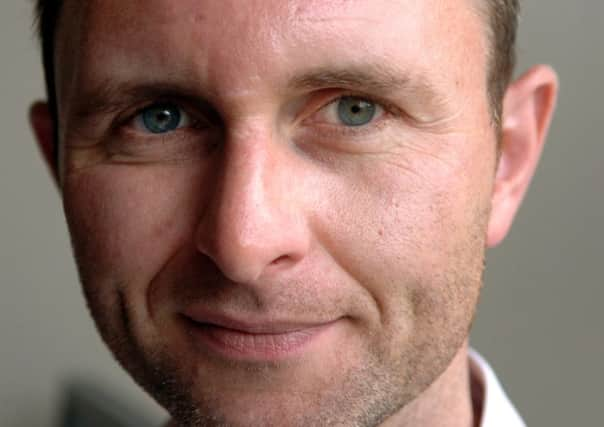When opportunity no longer knocks for all


News that History of Art will no longer be available as an A-level option in England was bemoaned by a roster of academics, on the grounds this act would serve only to ensure arts industry dominance of the moneyed classes.
They’re not wrong. Sadly, however, that war is long over. What pockets of resistance remain have been on the back foot for years, and final victory is imminent. From music to fine arts via stage, screen and you name it, routes into creative careers have been silently closing so long as I recall.
Advertisement
Hide AdAdvertisement
Hide AdThe rise of unpaid internship, curtailment of free university education, removal of student grants, slashing of local authority arts funding, all have worked to deter youths from less well-off backgrounds pursuing an artistic bent.
On top of this has come, in my humble opinion, one of the great acts of cultural vandalism in living memory. Impossible to put a figure on the number of young, less cash-rich musicians, writers, artists, actors, et al, able to find their feet AND their mojo with the support of the dole – let’s just say everything from The Beatles to JK Rowling.
Earlier this year Frank Cottrell Boyce made the point that the arts are merely the most visible symptom of a wider malaise.
“The shortage of working-class actors is simply a mirror of what’s going on everywhere: a shortage of working-class academics, engineers, politicians. I’m much more concerned about the broader picture because it’s a beacon, an indicator, of a much deeper problem.”
Advertisement
Hide AdAdvertisement
Hide AdHe is right to worry. This has been no conspiracy merely to curtail the post-war explosion of working class talent that, for a time, made Britain the vibrant creative capital of the world. The culture cull has been merely the collateral damage of a wider project to reimpose a hierarchical structure, society-wide, which passed into memory in the 19th century. Social mobility across the spectrum has been brought close to a juddering halt, and why should the government of today – or any day this past 30-odd years – favour ‘creative’ types over engineers, scientists, doctors?
This door began closing a long while ago, and the aim then, as now, was to shut people out, not keep a horse in.